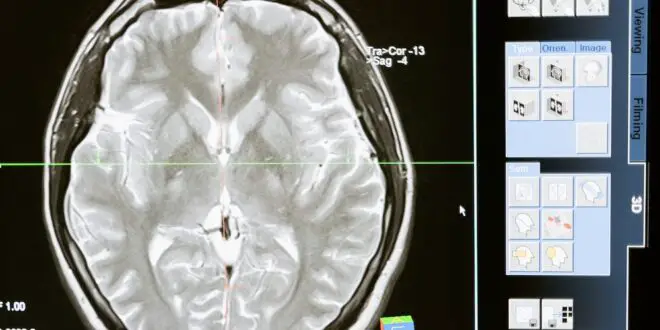The health and wellness movement has been around for some time, but it’s only in recent years that its proponents have been turning to neuroscience and nootropics for help optimizing not just physical but also cognitive performance. Now, terms that used to be heard only in classrooms and laboratories are becoming a standard part of society’s wellness lexicon. BDNF is an example of this.
What Is BDNF?
Short for brain-derived neurotrophic factor, BDNF is a protein that protects nerve cells and may even help to encourage the formation of new ones. It also plays many other crucial roles in both the central and peripheral nervous systems. For those wondering how to boost BDNF function, it’s important to note that the substance is naturally synthesized in the brain, so although there are specific nutrients that improve BDNF function, it can’t be taken directly as a medication or supplement.
BDNF in the Aging Brain
BDNF’s neuroprotective aspects support healthy brain function as people age. At the same time, its role in aiding the formation of new nerve cells helps people recover from serious nervous-system injuries and disorders like strokes. It’s also essential in the regeneration of cells in the peripheral nervous system, and researchers are investigating the substance’s potential to support neurogenesis in humans.
Researchers have already found a connection between BDNF levels and cognitive functioning in people with Alzheimer’s disease. Studies show the consumption of specific dietary supplements that can increase BDNF levels in the brain may improve BDNF levels and increase cognitive function in these patients.
BDNF in the Healthy Brain
In healthy people, BDNF aids in learning, memory, and behavior. That, in turn, allows it to have a broad influence on everything from mood and sleep patterns to appetite and eating habits. Because BDNF encourages synaptic plasticity as well as cell preservation, it allows the brain to recall stored information and store new information effectively, especially in the hippocampus.
Because the hippocampus is related to mood as well as memory and cognitive performance, it should come as no surprise that people with healthy levels of BDNF and other neurotrophic factors typically have a lower likelihood of developing mood-related mental illnesses. On the whole, they can also regulate behavior more effectively than people with low levels of BDNF.
Additional Impacts on the Nervous System
BDNF isn’t found only in the brain. Many of its effects occur in other parts of the nervous system, where it:
- Helps to regulate glucose uptake in muscles
Protects beta cells in the pancreas
Promotes eNOS for improved circulation
Increases cardiac muscle contractions
And more
In other words, maintaining healthy BDNF levels isn’t important just for people who want to optimize mental performance and support healthy aging. People of all levels benefit from both the substance’s brain effects and its positive impacts on the rest of the body.
Increasing BDNF Levels in the Brain
Because BDNF can’t cross over the blood-brain barrier, there’s no way to supplement it directly. It can, however, be increased through positive lifestyle changes. Getting sufficient exercise, eating the right foods, intermittent fasting, and sunlight exposure can all increase BDNF indirectly, as can certain natural supplements
Start Making Changes
It’s never too early or too late for people to make positive changes in their lives. There has been an increasing focus in recent years on optimizing brain function to meet that goal. Establishing and following a personalized exercise, diet, and supplement plan can help.
 Being Human
Being Human





